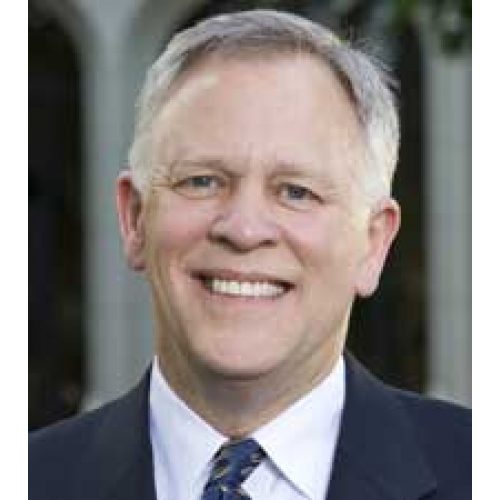For the Future of Evangelicalism series, in addition to the articles posted at the series page, I asked my usual Cross Examinations group whether they would like to submit shorter reflections. Joe Gorra, of the Evangelical Philosophical Society, and its journal Philosophia Christi, helped to round up some thoughts–including this excellent reflection from Richard Langer, Director of the Office of Faith and Learning at Biola University:
My thoughts for the future of the evangelical church are shaped by my daily exposure to undergraduate students at an evangelical university. My teaching focus is the integration of faith and learning, and there are certain trends I see that make me very optimistic for the future:
- Today’s students are deeply suspicious of merely spiritual solutions to the problems of a modern, pluralistic, global culture. It is not that they are un-spiritual, but rather they are doubtful that the only thing that matters to God and man is “spirituality”. The world is a mess—with violence, terrorism, drug-trafficking, sex trafficking, economic exploitation, and rogue states. It seems somewhat hollow to claim that all the Christian faith offers this world is a good devotional life in the present and eternal security in the future. Today’s students are suspicious of a Christian faith that only meets today’s problems at a tangent; they seek to practice a Christian faith that meets the world head-on.
- Today’s students are tired of the critical and condemning attitude toward human culture so commonly found among evangelicals. They acknowledge the ills of human culture, but they don’t believe the best solution to those ills is simply to take our ball and go home. They seek constructive participation in culture, not just critical rejection of culture. They seek a Christian faith that is “playing the game”, not just sitting on the sidelines or blowing a whistle.
- Today’s students are mistrustful of a generation of evangelical churches who claimed to be spiritual, but in practice were extremely materialistic—literally spending their children’s inheritance. They are doubtful of a generation that has criticized the sexual practices of the world, but has all too frequently practiced sexual misconduct themselves. They are mistrustful of people who funded global missions but have said to the local poor and homeless, “Go, be warmed and comforted!” without sharing their own abundance.
These trends encourage me because it has left this generation hungry for a richer and fuller vision of the Christian life. They refuse to reduce the integration of the Christian faith and human culture to a conceptual battle of worldviews. They passionately seek to express the lordship of Christ in every aspect of the created order and every sphere of human endeavor. This is a very good thing.
It is good that students demand that Christianity engages culture and not just concepts. But a fully integrated faith makes demands on us as individual human beings as well. It is at this point I find one current trend particularly disturbing: a trend towards a “thinness of soul”. I use soul here in a broad sense—the soul that makes us human and sustains our relationships, commitments, visions and morality. I fear that we are becoming a thin-souled and failing at certain essential tasks of human flourishing:
- Disturbingly thin relationships. I see a trend toward thin relationships—keeping in touch with everyone but being touched by no one. Twitter, Facebook, and texting are custom-designed for thin relationships and they are flourishing among this current generation of students.
- Disturbingly thin commitments. There is a trend toward commitments that demand very little of a person’s soul. This is true of personal relationships, but also true of participation in institutions, community groups, and almost every form of voluntary association. In sports, and music, and art there is a tendency toward sampling everything but perfecting nothing. Seeking experiences has replaced seeking excellence.
- Disturbingly thin visions. The post-modern edict against meta-narratives has had the unfortunate side effect of privatizing our vision. We lack a vision for conquering communism, or abolishing cancer, or putting a man on the moon. We have become a people of a million little stories—scenes in search of a plot.
- Disturbingly thin morality. Today’s evangelical students are shaped by a cultural that no longer has a moral vocabulary. We are reluctant to believe another person is wrong, evil, or a failure. Alternate lifestyles are just that: alternatives—different, but never right or wrong. Moral targets are not set up ahead of time so we can hit them or miss them. Rather, they are painted wherever our arrows fall. When every shot is a bullseye, no one bothers to keep score.
So what does the future hold? As always, danger and opportunity. But I am hopeful. A generation will almost never give its best unless it is demanded by a crisis in its historical moment. I believe that crisis is coming—rapidly. I trust that this next generation will rise to grasp their opportunity and in doing so will find they have shed their thinness of soul.
Many thanks to Richard Langer for sharing his wisdom and insights! Learn more about the Evangelical Philosophical Society and Philosophia Christi,











